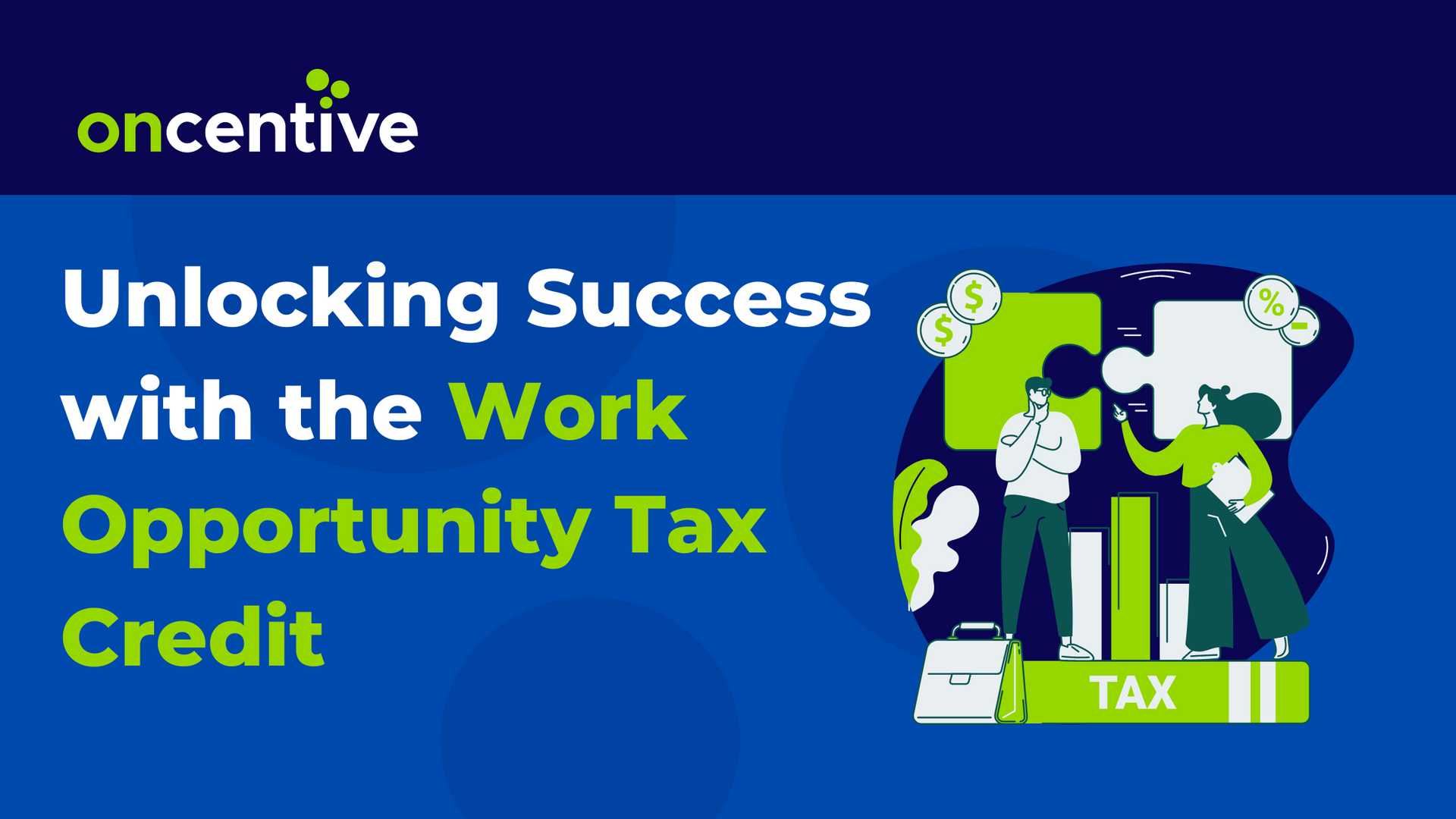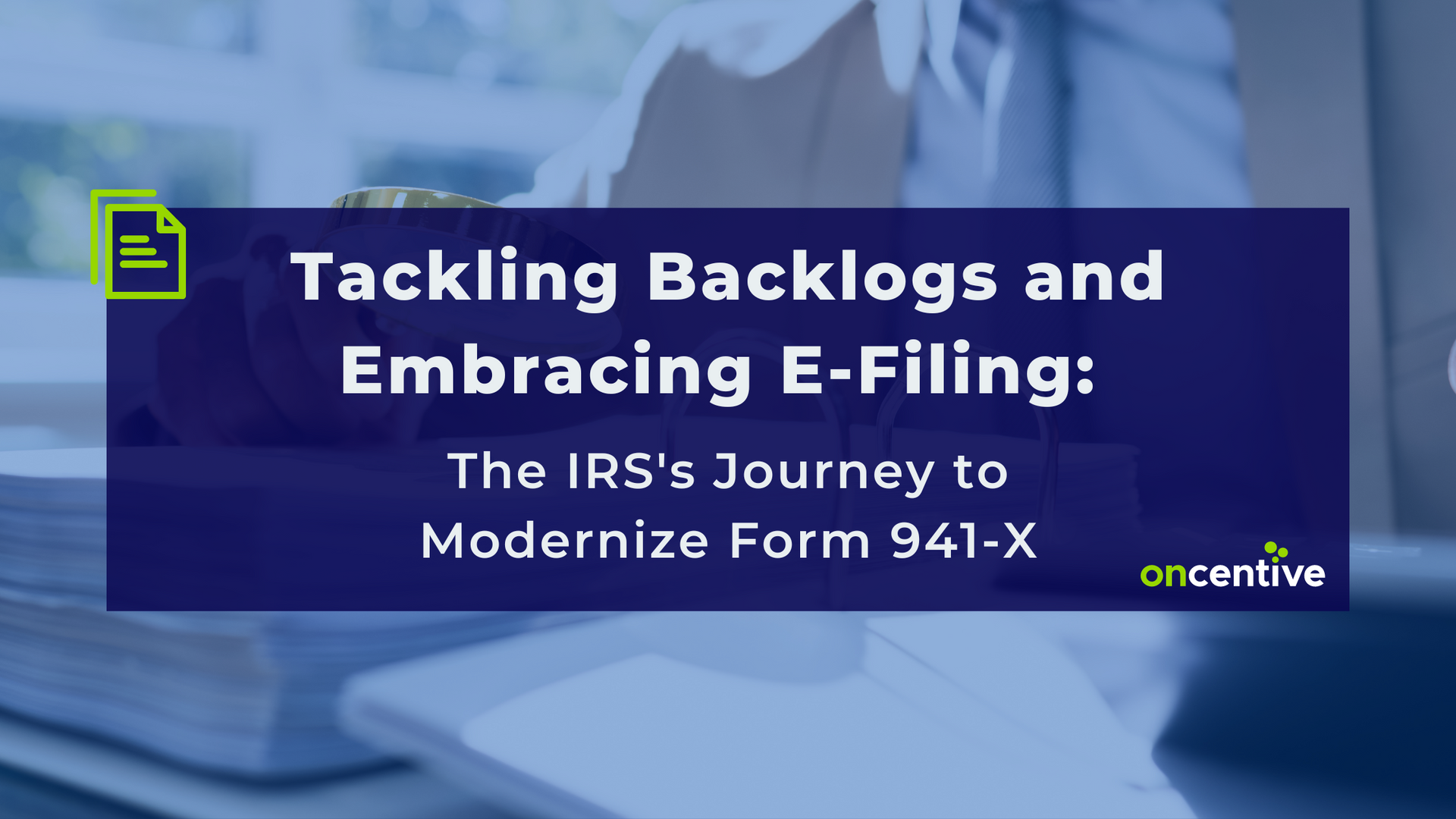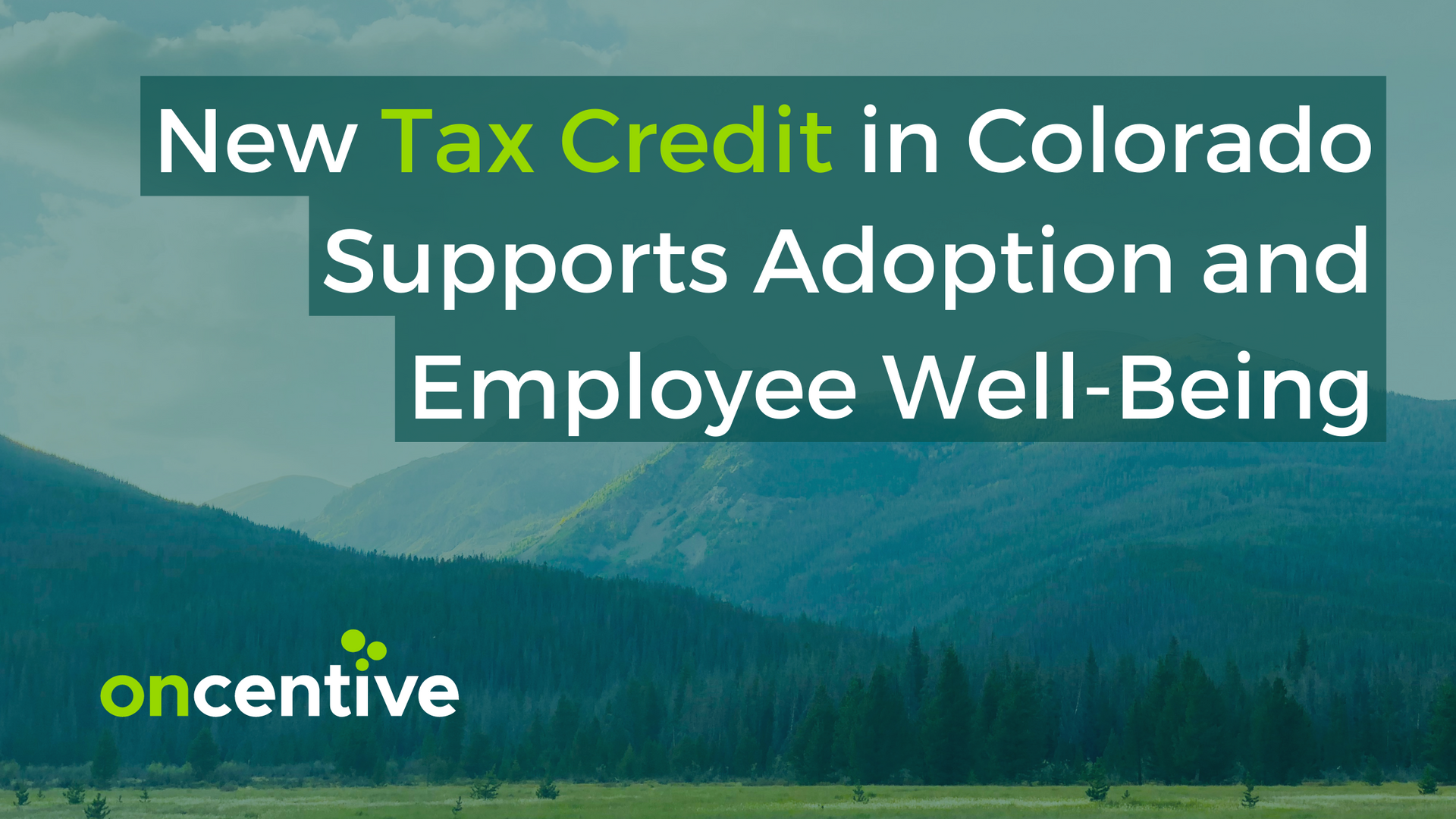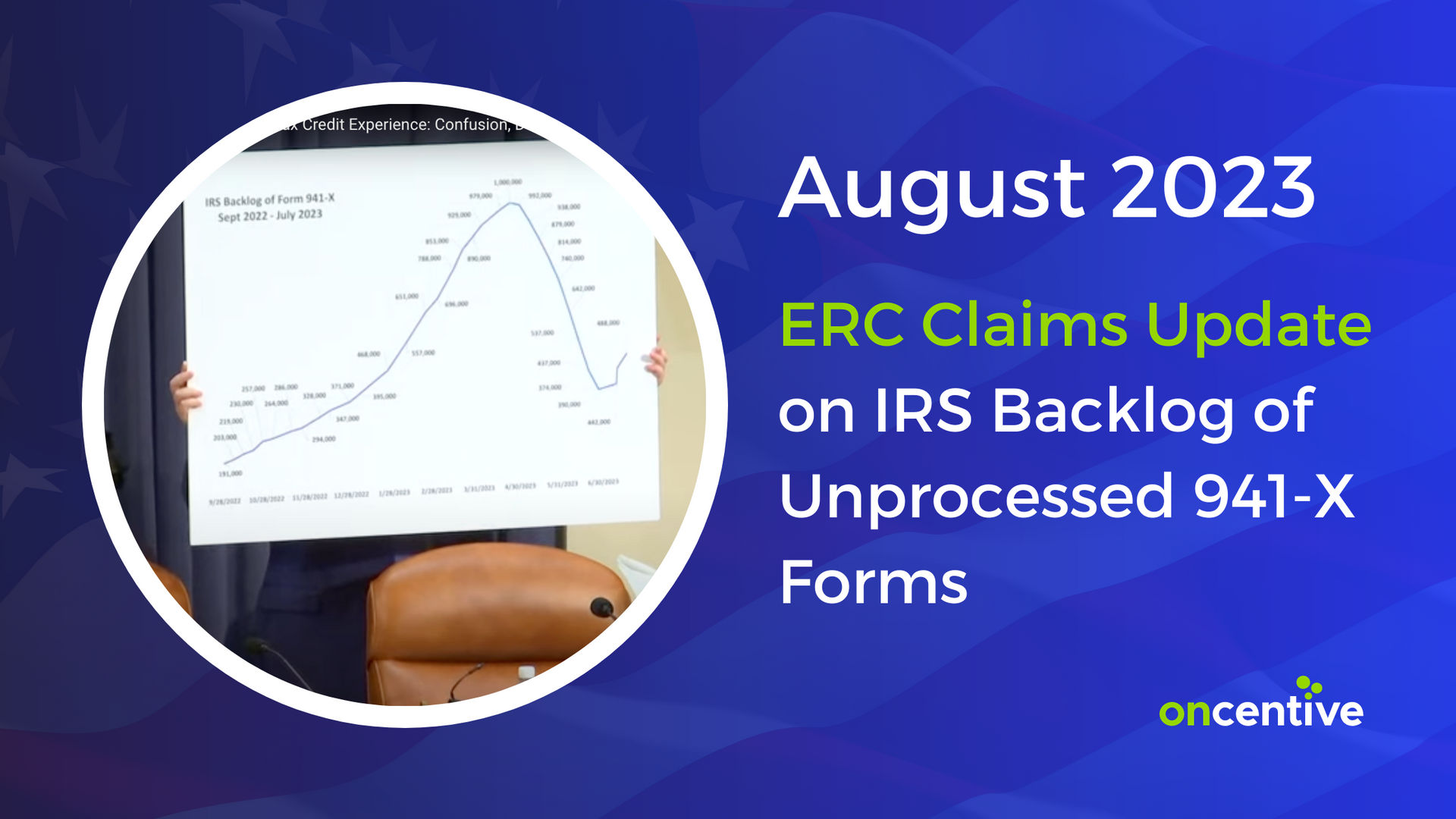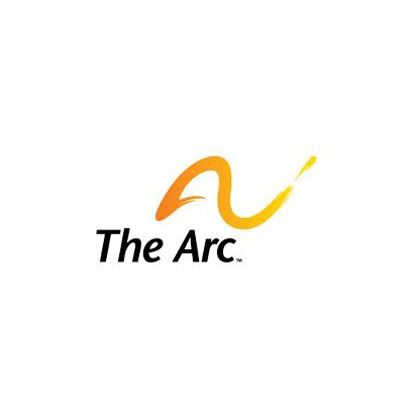High Turnover Industries Can Benefit From Hiring Incentives

High turnover industries often face the challenge of continuously hiring and training new employees, which can be costly and time-consuming. However, there are several federal and state hiring incentives available that can help offset these costs and encourage businesses to hire and retain certain types of employees.
One such incentive is the Federal
Work Opportunity Tax Credit (WOTC), which provides a tax credit to businesses that hire individuals from certain target groups, including veterans, temporary assistance for needy families (TANF) recipients, and ex-felons, among others. This credit can be worth up to $9,600 per eligible new hire and can be claimed for the first year of employment.
In addition to the WOTC, there are also various state-level hiring incentives available, such as credits for hiring employees from disadvantaged backgrounds or those living in high-unemployment areas. These credits can vary in amount and eligibility requirements, but can provide a significant financial benefit to businesses that take advantage of them.
While it can be a challenge for businesses in high-turnover industries to stay up-to-date on the various hiring incentives available, the financial benefits of doing so can be significant. By thoroughly evaluating their eligibility for all available credits and incentives, businesses can offset the costs of hiring and training new employees, helping to reduce turnover and improve retention rates.
Here are some of the high turnover industries that can benefit from tax credits and hiring incentives:
- Retail
- Hospitality
- Customer Service
- Call Centers
- Manufacturing
- Staffing
So, if you're in a high-turnover industry and looking for ways to reduce your hiring costs, don't overlook the potential benefits of federal and state hiring incentives. With careful evaluation and compliance, these credits can provide a valuable financial boost to your business.
Contact the experts at OnCentive to learn more or receive a complimentary eligibility assessment.
Have Questions or Need More Information?
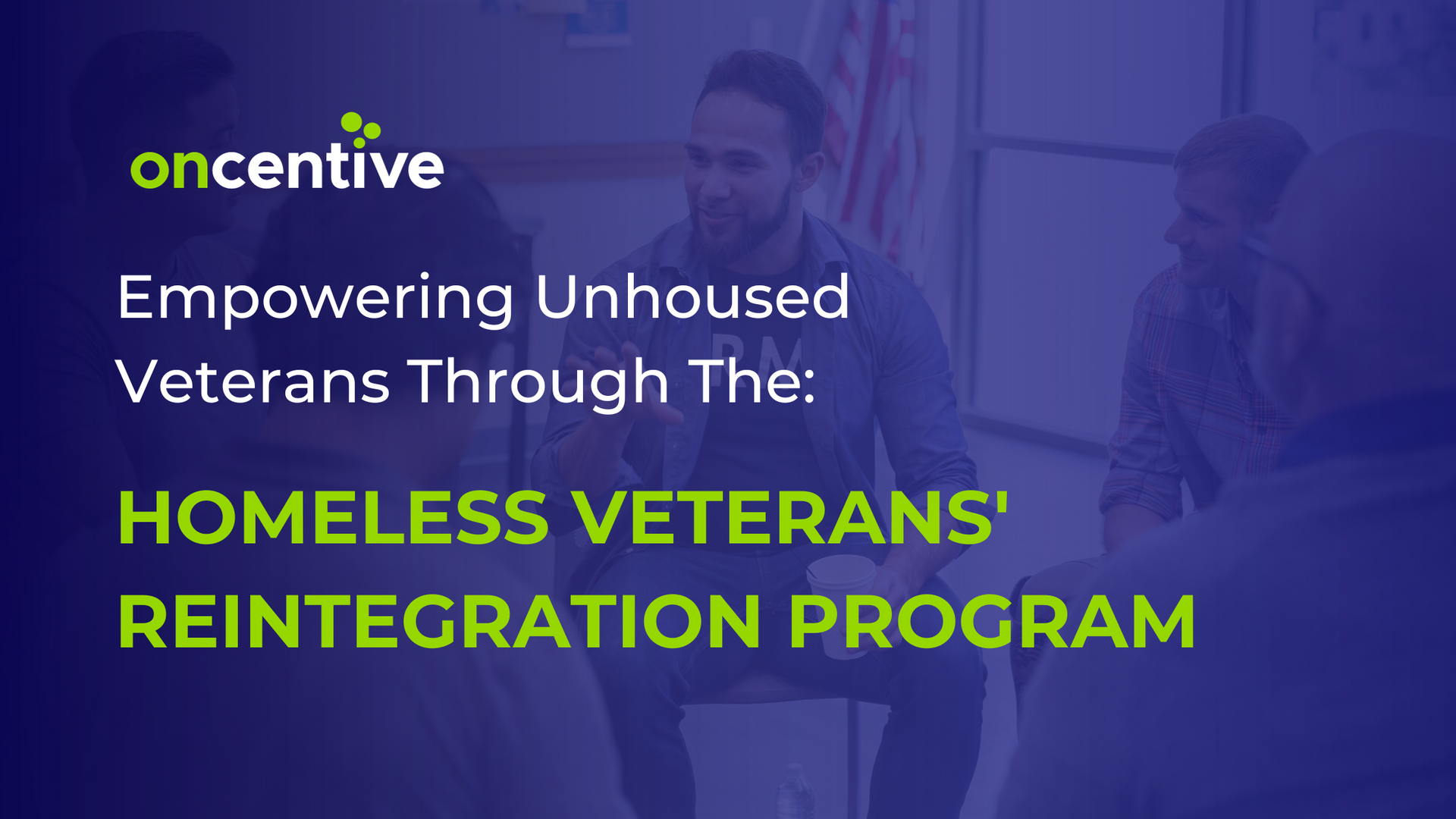
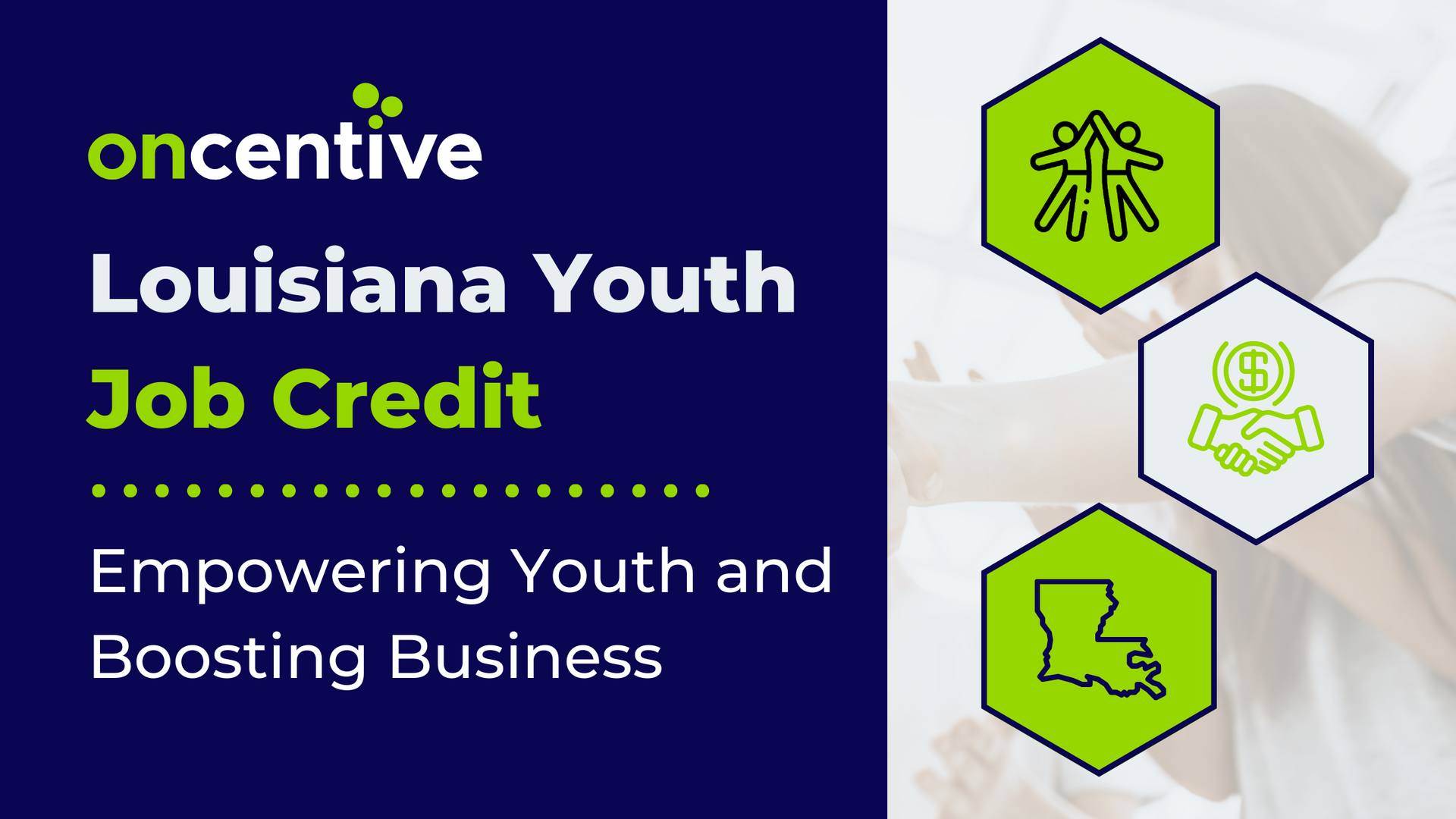
 <script type=" text=""/>
<script type=" text=""/>






